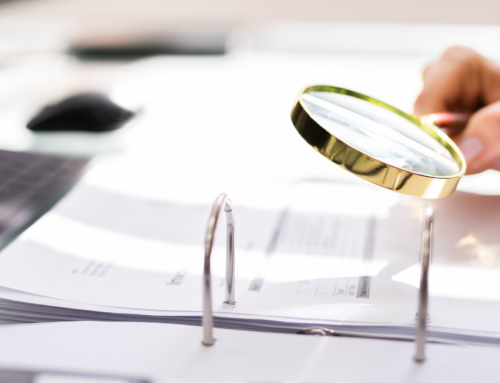Of course, we all go through financially difficult times where we need to cut back on spending. However, for some people, debts can build up and they simply cannot clear them. Living to pay just the interest and additional payments which being in debt and taking out loans comes with.
Declaring yourself bankrupt is one way of clearing debts and making a fresh start.
What is bankruptcy?
Bankruptcy happens when a person becomes insolvent and simply cannot pay their debts. They have to apply for bankruptcy through the Insolvency Service and this whole process can take approximately a year. Bankruptcy writes off all debts which can be included in a bankruptcy order.
What debts are included in Bankruptcy?
- Overdrafts
- Credit cards
- Utility bills
- Store cards and bills
What debts are not included in Bankruptcy?
- Court fines
- Student loans
- Maintenance
- Parking fines
The Bankruptcy Process
The whole process is quite simple and easy for people to apply. Once the application has been made and the fee of £680 paid, if you are approved, the bankruptcy process begins.
You will be appointed an Official Receiver, who will oversee your bankruptcy process. An official bankruptcy order will be issued, your bank accounts will be frozen, and you must follow the terms of your bankruptcy order for 12 months.
Your Official Receiver will now assess your financial and debt situation. They now have control over your finances, and they will begin to sell your assets to pay your creditors. As before your debts can be cleared, the goal is to pay back creditors as to what they are owed. As well as selling off your assets, a portion of your monthly income could be set to be paid to creditors.
Assets that can be used to pay off debts:
- House (depending on equity)
- Business
- Jewellery
- Leisure equipment such as games consoles, cameras, and TVs
- Antiques
- Items on hire purchase if they can be replaced by a cheaper alternative
Assets that cannot be used to pay off debts, or ‘exempt’
- Bedding and linens
- Furniture
- Cooking & cleaning equipment e.g. Cooker & vacuum
- Clothes
- Tools you use for your job e.g. tools for an electrician
- A car or vehicle you need for work or basic needs, e.g. if you are disabled
- A car or vehicle you need to use for a dependant (e.g. child)
- Other belongings which are vital for family living
However, some items above can be sold if they’re worth more than a reasonable replacement.
The effects of Bankruptcy
Declaring yourself bankrupt is a big decision that should not be taken lightly. It is a big decision that can impact your personal and business life for years to come. Your credit rating can be negatively affected, and whilst you’re bankrupt, you won’t be able to apply for a loan or credit. Moving forward, applying for credit could prove difficult, as your bankruptcy will be on your financial files.
Contact Us
If you’d like to speak to an expert on declaring yourself Bankrupt and the possible effects of this, please get in touch with our litigation team. Call us on 01782 662424 or email us at info@beestonshenton.co.uk




